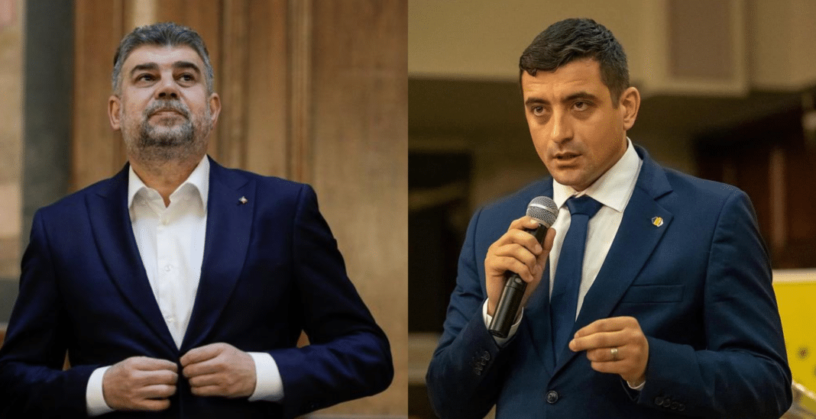According to the least polls, George Simion`s right-wing nationalist Alliance for the Union of Romanians/AUR party has evolved form a fringe movement during Covid-19 pandemic to become the main opposition force in Romania in the upcoming first round of the presidential elections in November 24.
Founded five years ago, AUR has garnered support from the working class, the Romanian diaspora and young voters disenchanted with traditional parties, establishing itself as a critical player in the country`s political landscape.
Recent report indicate that Simion, 38, has a strong chance of advancing to the second round of the election on December 8, where he would face the current Prime Minister, Marcel Ciolacu, who remains the frontrunner in the polls.
Simion has framed the elections as a choice between “traditional politicians beholden to foreign interests“ and his nationalist vision. The AUR leader has drawn international attention for his political stances. He has vowed to halt Romania`s military aid to Ukraine, contrasting with Bucharest`s current role as a strategic ally of Kyiv.
Simion`s message, combining nationalist rhetoric with criticism of Brussels, has resonated with disaffected domestic population segments. He has effectively utilised platforms such as TikTok, where he has amassed over 10 million likes.
On the international stage, his discourse has aligned with leaders including Hungarian Prime Minister Viktor Orban. He shares a critical stance towards European Union institutions, which he has described as corrupt.
At the economic level, he recognizes that it is important to be open to international partnerships.
Simion`s political platform includes reunifying Romania with its pre-Second World War territories. That has led to him being declared persona non grata in Moldova and Ukraine.
In contrast, his main political rival, Marcel Ciolacu, has embraced a pro-Western platform to strengthen ties with the EU and NATO. Analysts have noted that while Ciolacu is the favourite to win, a potential Simion victory could signify a radical shift in Romania`s foreign policy, steering it closer to nationalist models such as Hungary`s.
Source: Brussels Signal.



